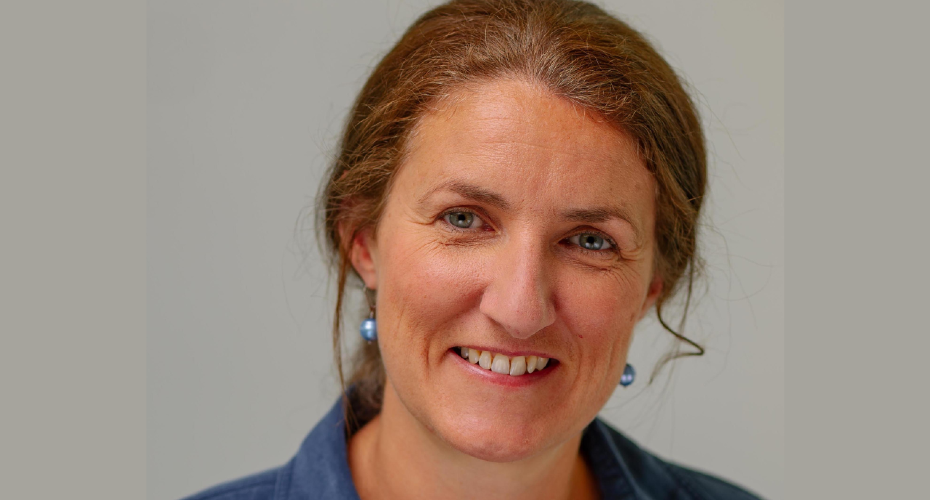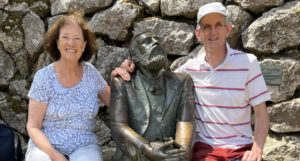Genomic medicine scientist elected to prestigious fellowship

An expert in genomic medicine at Exeter has been recognised for her outstanding contribution to the field of medical sciences.
Professor Caroline Wright is one of the 54 exceptional biomedical and health scientists nationally to be elected to the 2025 fellowship of the Academy of Medical Sciences.
The new Fellows have been recognised for their remarkable contributions to advancing medical science, groundbreaking research discoveries and translating developments into benefits for patients and the wider public. Their work exemplifies the Academy’s mission to create an open and progressive research sector that improves health for everyone.
Caroline is a Professor of Genomic Medicine at Exeter, and joint lead of the Genetics and Genomics research theme at the NIHR Exeter Biomedical Research Centre. She is a highly collaborative scientist who specialises in the interpretation of rare genetic variants and using genome-wide sequencing data for diagnosing rare diseases, particularly developmental disorders. She joins an esteemed Fellowship of 1,450 researchers who are at the heart of the Academy of Medical Sciences’ work, which includes nurturing the next generation of scientists and shaping research and health policy in the UK and worldwide.
Caroline said: “Our work aims to find new genetic diagnoses for rare diseases and understand why certain genetic changes cause disease in some people but not others. Being part of the University of Exeter Medical School has enabled me to work with a fantastic team of scientists to pursue really interesting and important questions. I’m delighted to become a Fellow of the Academy of Medical Sciences and hope it will help shine a light on rare genetic diseases and catalyse new scientific collaborations.”
Professor Andrew Morris CBE FRSE PMedSci, President of the Academy of Medical Sciences, said: “It is a privilege to welcome these 54 exceptional scientists to our Fellowship. Each new Fellow brings unique expertise and perspective to addressing the most significant health challenges facing society.
“The breadth of disciplines represented in this year’s cohort – from mental health and infectious disease to cancer biology and respiratory medicine – reflects the rich diversity of medical science today. Their election comes at a crucial time when scientific excellence and collaboration across disciplines are essential for addressing global health challenges both now and in the future. We look forward to working with them to advance biomedical research and create an environment where the best science can flourish for the benefit of people everywhere.”
The new Fellows will be formally admitted to the Academy at a ceremony on Wednesday 9 July 2025.



